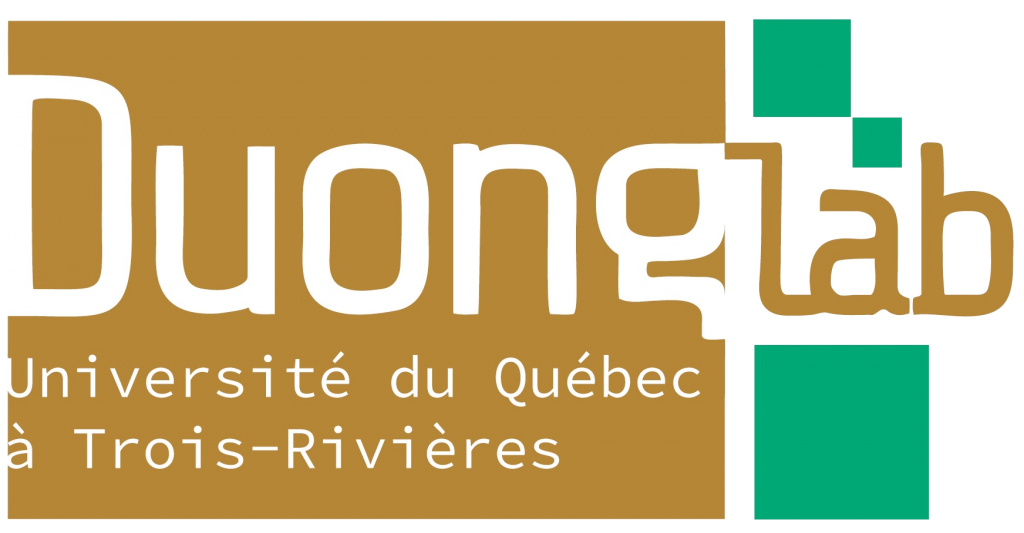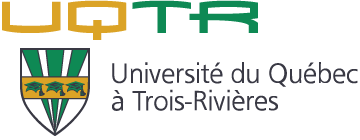Teaching
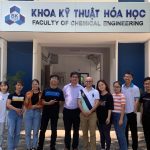
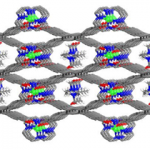
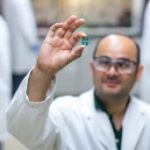
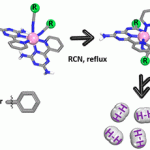
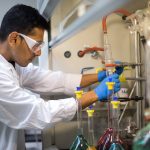
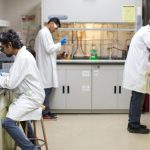
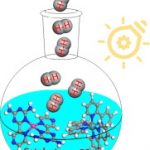
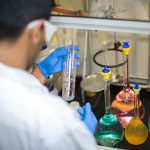
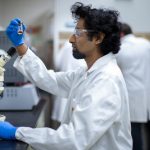
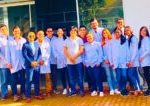
DuongLab puts forward research objectives, but also teaching. Science and research is a continuous process of improvement of its members. It is in accordance with this philosophy that the scientific field puts forward the sharing of knowledge and it is also with this in mind that the members of DuongLab make it a point of honor to participate in the training of the next generations of researchers. by organizing visits for future students, participating in tutoring or giving lessons.
State of matter: gas, liquid and solid, UQTR.
Description: Introduction to the concepts of different states and theories to conceptualize and describe the forms that matter takes. The course aims to give an overview of gases (theories of collisions, thermodynamics, etc.), liquids (surface tension, cohesion forces, viscosity, etc.) and the solid state (crystalline networks, amorphous , Bravais lattices, etc.).
Mineral chemistry: matter, structure and reactivity, UQTR.
Description: Introduction to the principles of atomic structure, the use of the periodic table and classifications, the nomenclature elements of inorganic chemistry, the electronic structure of atoms, the theory of molecular orbits and the chemistry of metals of transition.
Advanced Mineral Chemistry, UQTR.
Description: Deepening of the elements of inorganic chemistry, but especially of the theories around coordination complexes. Symmetry, geometry of complexes, reaction mechanisms (such as lability), different tools (Tanabe-Sugano diagram) and paramagnetism are discussed. Different theories to conceptualize coordination chemistry are explored, such as field theory and molecular orbital theory.
Electrochemistry, UQTR.
Description: Exploration of thermodynamic and kinetic aspects governing electrochemistry. The use of ions, electrolytes, conductivity measurements, batteries, reversible electrodes and organic electrochemistry are visited. Common techniques and effects are also studied during this course.
Interuniversity courses: zeolites, CQMF.
Description: As part of the inter-university training organized by the CQMF, DuongLab exposed participants to the different design methods and characteristics of zeolites in addition to providing an introduction to “Metal Organic Frameworks (MOF)” and “Covalent Organic Frameworks ( COF)”.
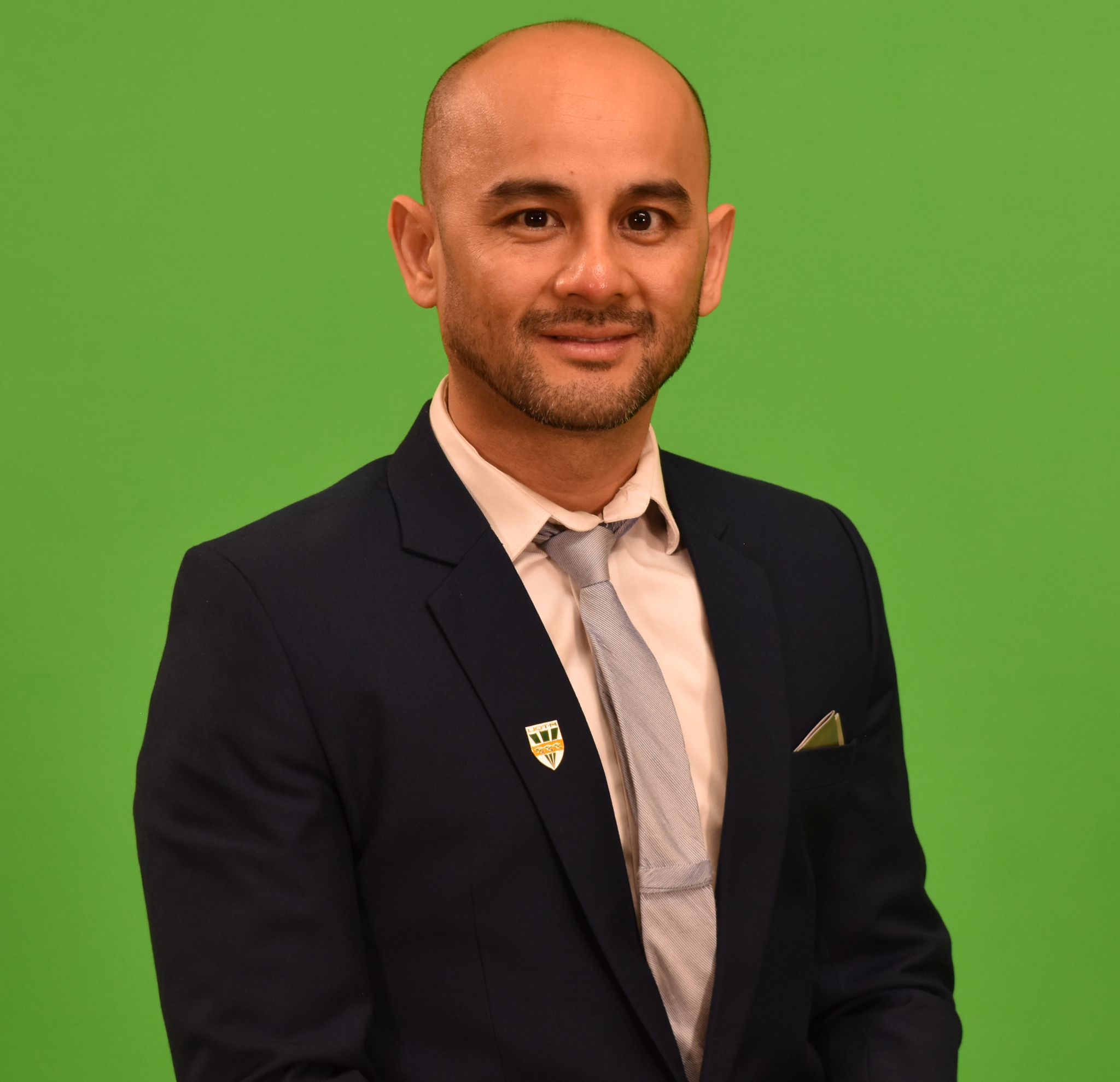
- Adam.Duong@uqtr.ca
- 0709, Tapan K. Bose
- 819 376-5011, poste 3570
- Curriculum vitae
Adam Duong, Ph. D| Full Professor
Department of chemistry, biochemistry and physics
Rechercheur at the Institut de Recherche sur l’hydrogène
Directeur de comité de programme de cycles supérieurs
CPCS – Physique et sciences de l’énergie et des matériaux
| Signe | Titre |
| CHM1009 | Stage en milieu de travail |
| CIQ1001 | Chimie minérale : matière, structure et réactivité |
| CIQ1002 | Chimie minérale avancée |
| CPH1003 | Electrochimie |
| COR1004 | Chimie organique expérimentale I |
| CPH1016 | Etat de la matière : gaz, liquide et solide |
| NRG6001 | Énergie et systèmes énergétiques |
| NRG7703 | Problèmes spéciaux III |
| NRG7790 | Séminaires de maîtrise |
| NRG8801 | Examen doctoral |
| NRG9205 | Séminaire de doctorat |
| PHQ6015 | Séminaire en physique |
| PMO6009 | Synthèse et caractérisation des matériaux |
| SCP1001 | Projet de fin d’études |
